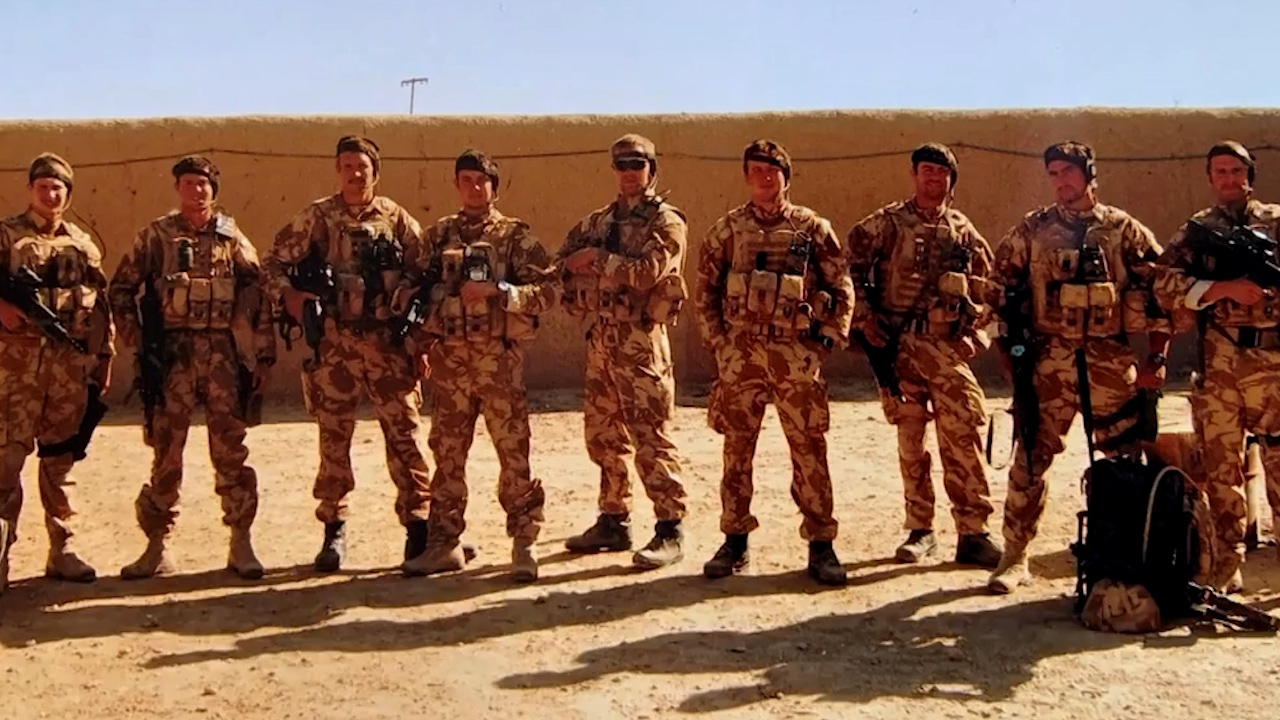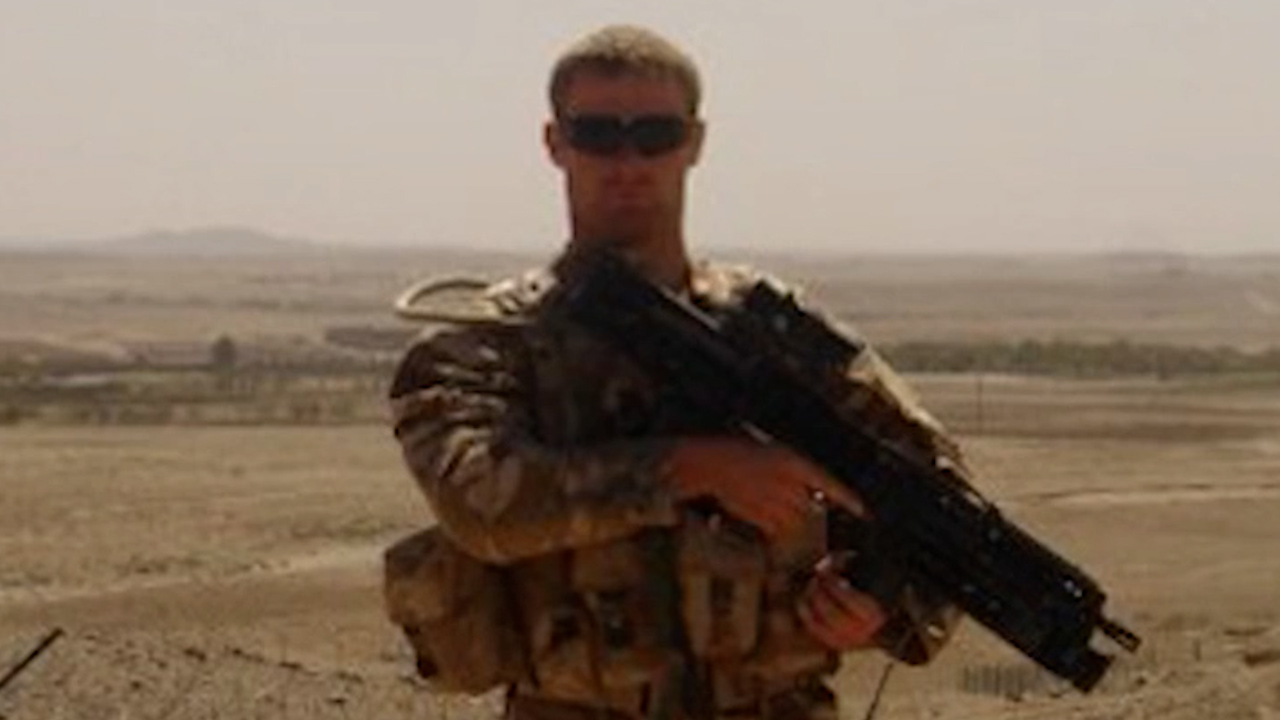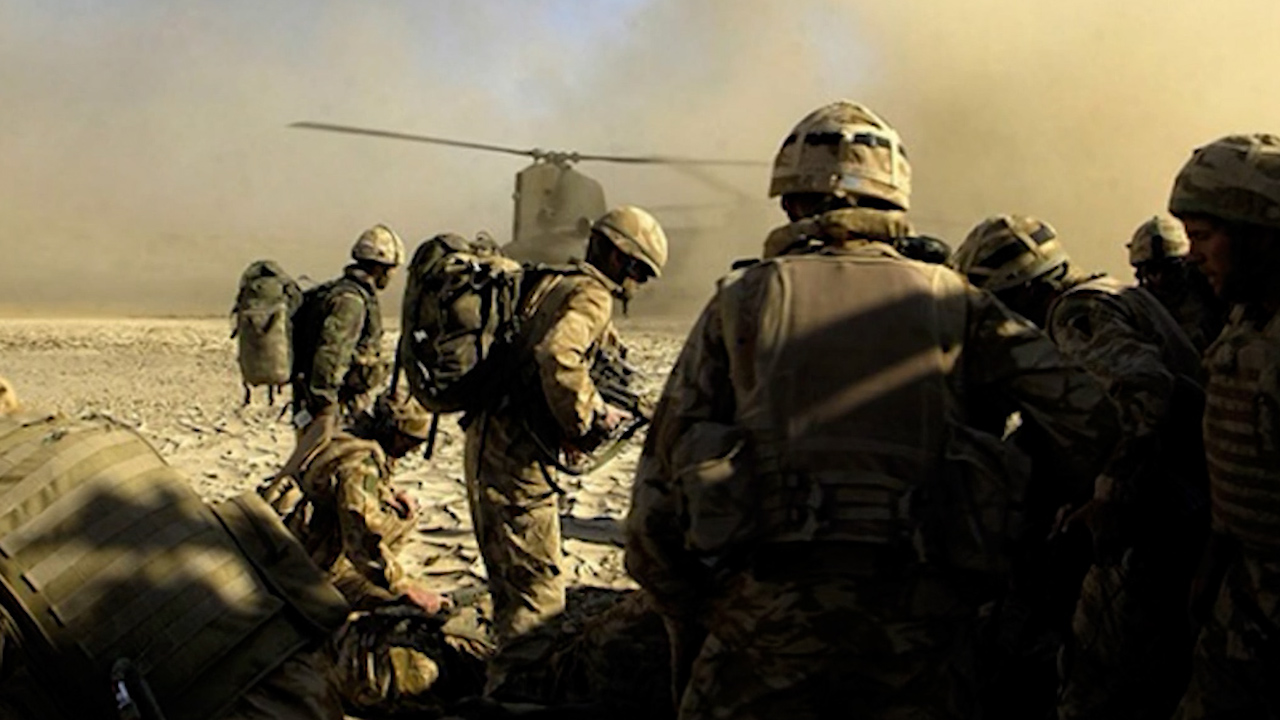Royal Marines war hero reflects on sacrifice and loss 10 years after end of Herrick
A decade since the end of operations by British Forces in Afghanistan, former Royal Marine and Invictus Games athlete Mark Ormrod has opened up about the sacrifice and cost of his service.
He was the first triple amputee to survive his battlefield injuries when he lost his right arm and both legs in action on Christmas Eve 2007.
Ten years after the end of Operation Herrick, Mr Ormrod told BFBS Forces News: "I knew back when I signed on the dotted line this was a possibility, and worse. I felt proud of the small part that I played."
He said: "I didn't really feel any anger or any resentment or bitterness towards what had happened to me.
"[My previous] tour was very different. In that tour, I did see action daily. There was constantly a job to do and a mission to do.
"If you weren't doing that, you had to defend yourself and your friends, and those people you were out there to help from enemy attacks.
"Back then we were very well looked after, not just by the military, but I think by the entire country. You felt valued going on those operations.
"Going through my injuries, they made me the man I am today. It's taken me a long time to feel comfortable to say this but I'm proud of that man."

Operation Herrick was the codename given for UK military operations in Afghanistan, beginning in 2002 and continuing until 2014.
On 27 October 2014, British forces officially ceased all combat operations in the country.
The conflict cost the lives of 457 British personnel, with many more suffering injuries.
Mr Ormrod said: "I realise how utterly irresponsible it was to withdraw in the way that we did, and you know how quickly all that sacrifice was lost.
"I'm not angry about being injured and thinking that it was a waste of time, but I had friends who were killed – we saw this on a daily basis."

When asked about the positive aspects that came from his service, he replied: "The positive ones that will always stand out is the good that we did and the gratitude that we experienced from the people we were out there to help, the children and the villagers.
"Not all of them were that grateful for us being there, but I think some of them understood what we were trying to do.
"I think while we were out there, we did what we went out there to do. We made it safer for them; we gave them a taste of how life could be if you weren't oppressed.
"Since I was a kid, I've always felt the need to serve. I grew up in a free democratic society, but that takes men and women to fight for that."










